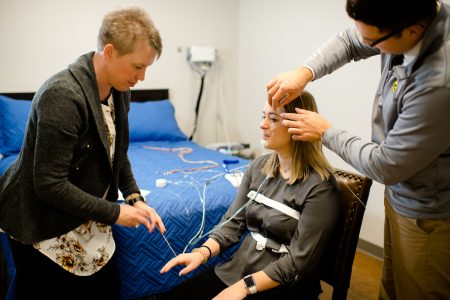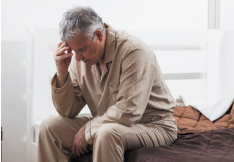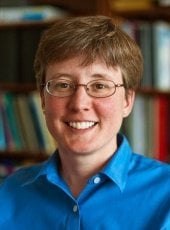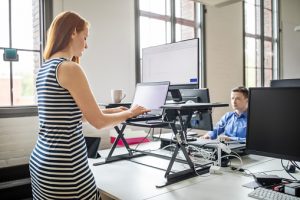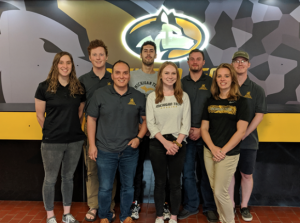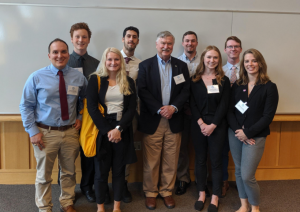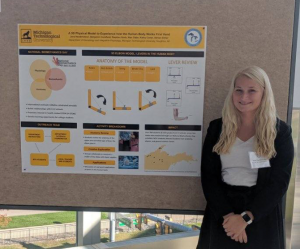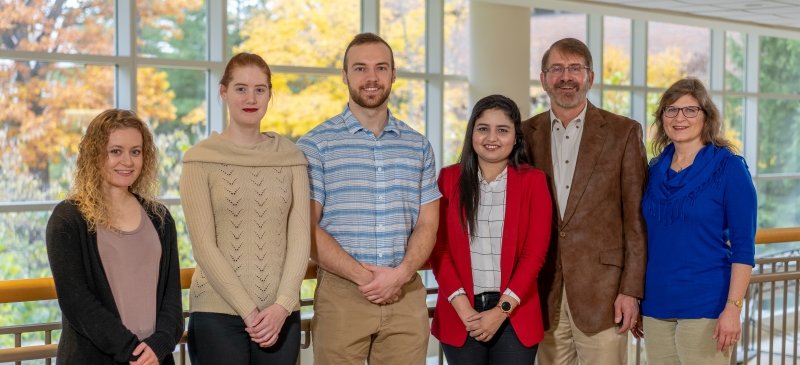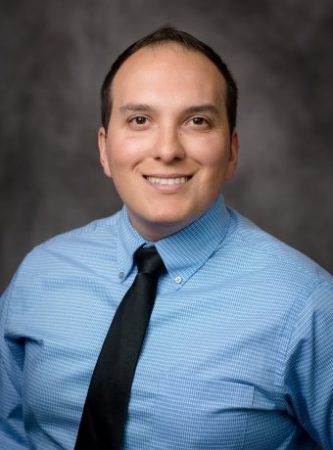
Congratulations to our PhD Candidate, Joshua Gonzalez, who has been selected as a recipient of the 2020 Caroline tum Sudent/Frances Hellebrandt Professional Opportunity Award from the American Physiological Society!
This award is for his abstract, Acute Effects of the JUUL E-cigarette on Blood Pressure and Peripheral Sympathetic Activity in Young Non-Smokers, which was co-authored by Dr. William Cooke and Stephanie Jewel, undergraduate research assistant.
We are so proud of you all!
